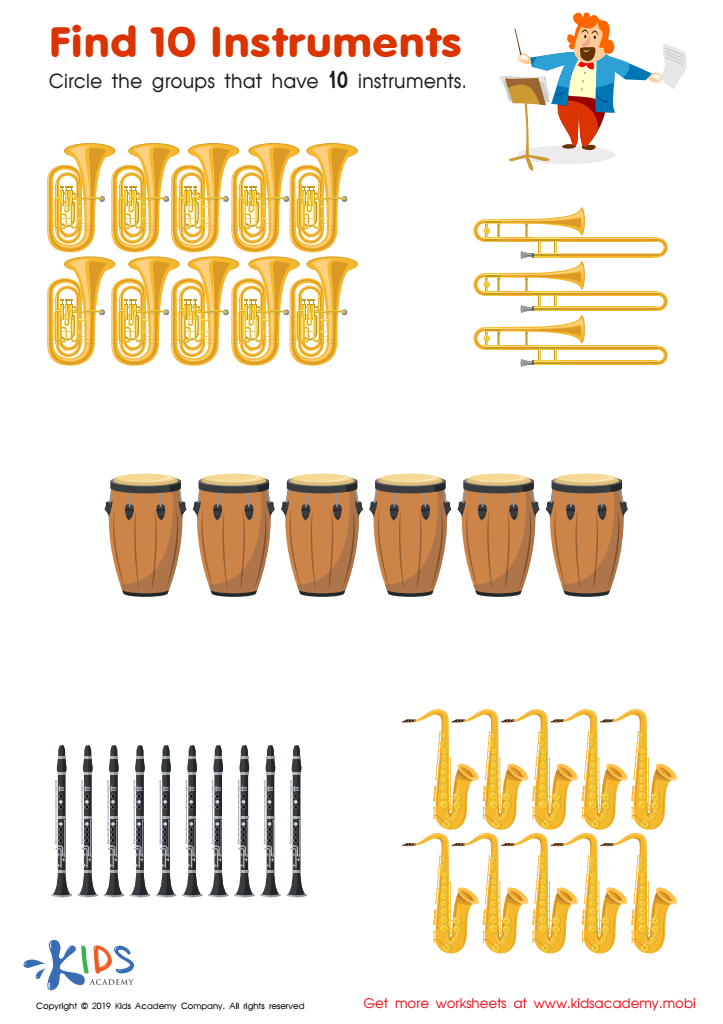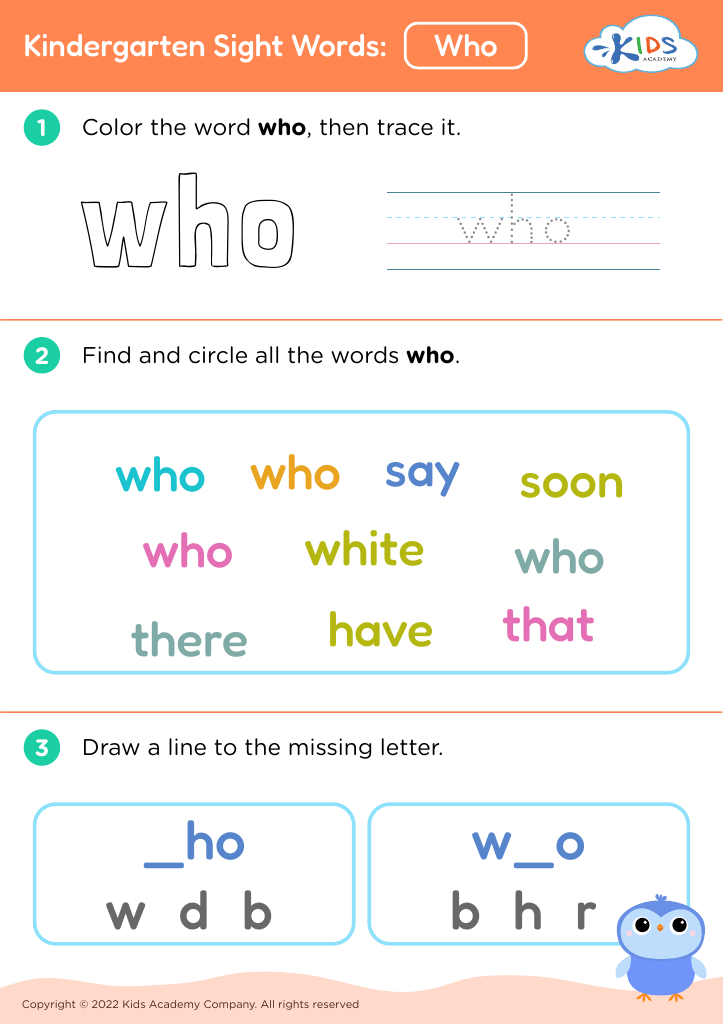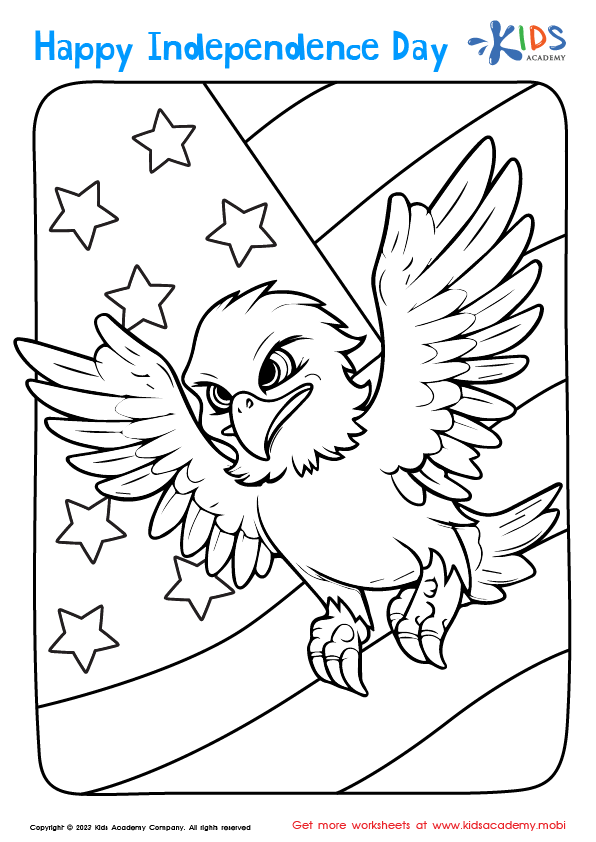Improve vocabulary Worksheets for Ages 5-6
4 filtered results
-
From - To
Enhance your child's language skills with our engaging Improve Vocabulary Worksheets designed specifically for ages 5-6! These worksheets provide enjoyable activities that encourage young learners to expand their vocabulary through fun exercises. From matching words to images, completing simple sentences, and exploring new concepts, each worksheet fosters a love for language while promoting cognitive development. Whether used at home or in the classroom, these resources challenge children to think critically and express themselves creatively. Perfect for early grade teachers and parents alike, our Improve Vocabulary Worksheets are essential tools for building a strong foundation in communication skills. Download yours today!


Homes Worksheet


Find 10 Instruments Worksheet
Improving vocabulary in children aged 5-6 is crucial for their overall development and future success. This early age is a critical period for language acquisition; children absorb and learn language skills rapidly. A rich vocabulary enhances communication, allowing young learners to express their thoughts, feelings, and ideas more clearly and effectively.
Parents and teachers should prioritize vocabulary development because it significantly influences reading comprehension. The larger a child’s vocabulary, the easier it becomes to understand stories and books, laying a strong foundation for literacy skills. Additionally, a robust vocabulary fosters critical thinking and problem-solving abilities; children with a diverse word pool can analyze and describe situations more accurately.
Furthermore, vocabulary growth is closely linked to academic success. Children who master language skills often perform better in school, engage in class discussions more confidently, and develop positive social interactions with peers. By investing time and resources into vocabulary improvement, parents and teachers facilitate a love for learning early on. Utilizing interactive activities like games, storytelling, and songs can make this process enjoyable. Ultimately, fostering vocabulary in young children not only contributes to their education but also nurtures their confidence and social skills, preparing them for a successful future.
 Assign to My Students
Assign to My Students






















